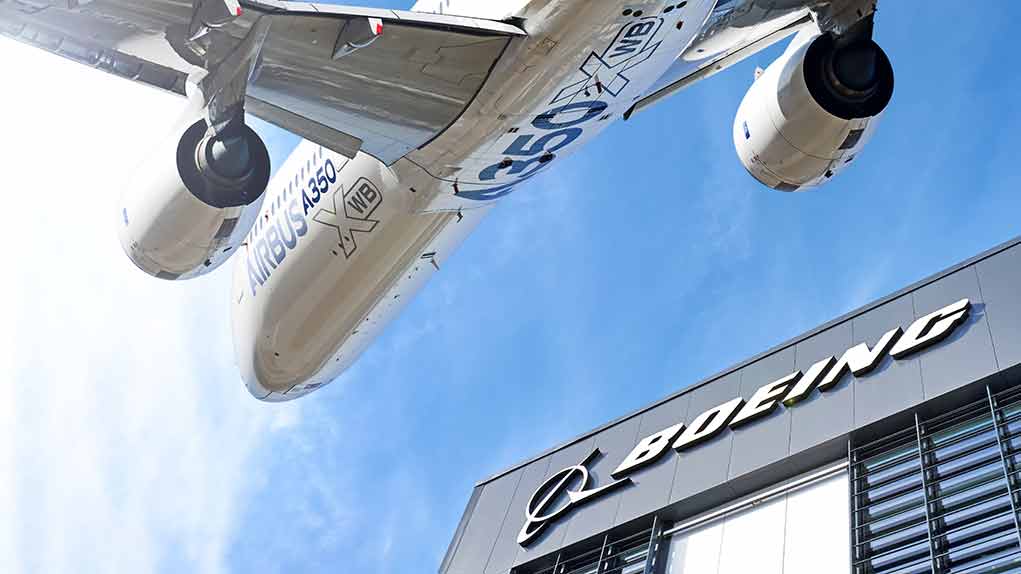
China reverses ban on Boeing deliveries as Trump secures major trade victory, slashing Chinese import tariffs by 115% while reopening a crucial market for America’s struggling aerospace giant.
Key Takeaways
- China has lifted its ban on Boeing aircraft deliveries following a 90-day trade truce negotiated by the Trump administration
- US tariffs on Chinese imports will temporarily decrease from 145% to 30%, while China reduces duties on American goods from 125% to 10%
- Boeing planned to deliver 50 jets to Chinese carriers this year, with 41 already in production or completed
- China represented about 20% of Boeing’s global deliveries before the ban, making this reopening crucial for the company’s recovery
- The 90-day window creates uncertainty about long-term trade relations, potentially forcing Boeing to consider alternative markets
Trump’s Trade Victory Opens Chinese Skies for Boeing
In a significant win for American manufacturing, China has officially lifted its month-long ban on Boeing aircraft deliveries following successful trade negotiations with President Trump’s administration. The decision comes as part of a broader 90-day trade truce that dramatically reduces tariffs between the world’s two largest economies. Chinese domestic carriers and government agencies have received formal notification that they can resume accepting deliveries of US-manufactured aircraft, potentially salvaging billions in delayed orders that had threatened Boeing’s already precarious financial position.
The agreement represents a substantial breakthrough in the ongoing economic tensions between Washington and Beijing. Under the terms of the deal, the United States will “reduce aggregate duties on most Chinese imports from 145% to 30% for 90 days,” according to Bloomberg.
Critical Market Reopens for Struggling American Manufacturer
The ban reversal could hardly come at a more crucial time for Boeing, which has faced a series of devastating setbacks in recent years. Prior to recent trade tensions, China represented approximately 20% of Boeing’s global aircraft demand, making it an essential market for the American manufacturer. The company had planned to deliver 50 jets to Chinese carriers this year alone, with 41 already in various stages of production or completed and awaiting delivery. These aircraft had been effectively stranded by the ban, forcing Boeing to consider potentially costly alternatives.
“China has lifted its month-long ban on Boeing deliveries following the nation’s trade truce with the White House, according to a report,” reports Bloomberg.
While the ban lift offers immediate relief, Boeing’s long-term position in China remains uncertain. Some jets that had been waiting at Boeing’s delivery center in China were returned to the United States last month when Chinese customers refused to accept them. The 90-day nature of the current trade truce suggests that Boeing may need to develop contingency plans for aircraft that might again face delivery hurdles if tensions resurface. Alternative markets in India, Malaysia, and Saudi Arabia have shown interest in new 737 Max aircraft, potentially providing backup options.
Rebuilding Trust Amid Safety and Trade Concerns
Boeing’s challenges in China extend beyond just trade politics. The company’s reputation took a significant hit when China became the first country to ground the 737 Max in 2019 following two fatal crashes. Additional scrutiny followed a mid-flight incident involving a Boeing 737 Max in January, further complicating the manufacturer’s efforts to rebuild confidence in its aircraft. Nearly a quarter of Boeing’s total output was delivered to China in 2018, but no major orders have been received from Chinese airlines in recent years due to the combination of safety concerns and trade tensions.
“The UK is expected to buy $10 billion worth of Boeing planes as part of its tariff pact with the White House, according to Commerce Secretary Howard Lutnick,” said Commerce Secretary Howard Lutnick.
The lifting of the ban represents an opportunity for Boeing to begin rebuilding its presence in the crucial Chinese market. However, the temporary nature of the current trade agreement creates significant uncertainty about the future. Chinese airlines have been instructed that they can organize deliveries according to their own schedules and terms, suggesting that while the political barriers have been temporarily removed, practical complications in resuming normal business operations may persist. Boeing must now navigate these complexities while addressing lingering safety concerns if it hopes to fully recover its position in the Chinese aviation market.

